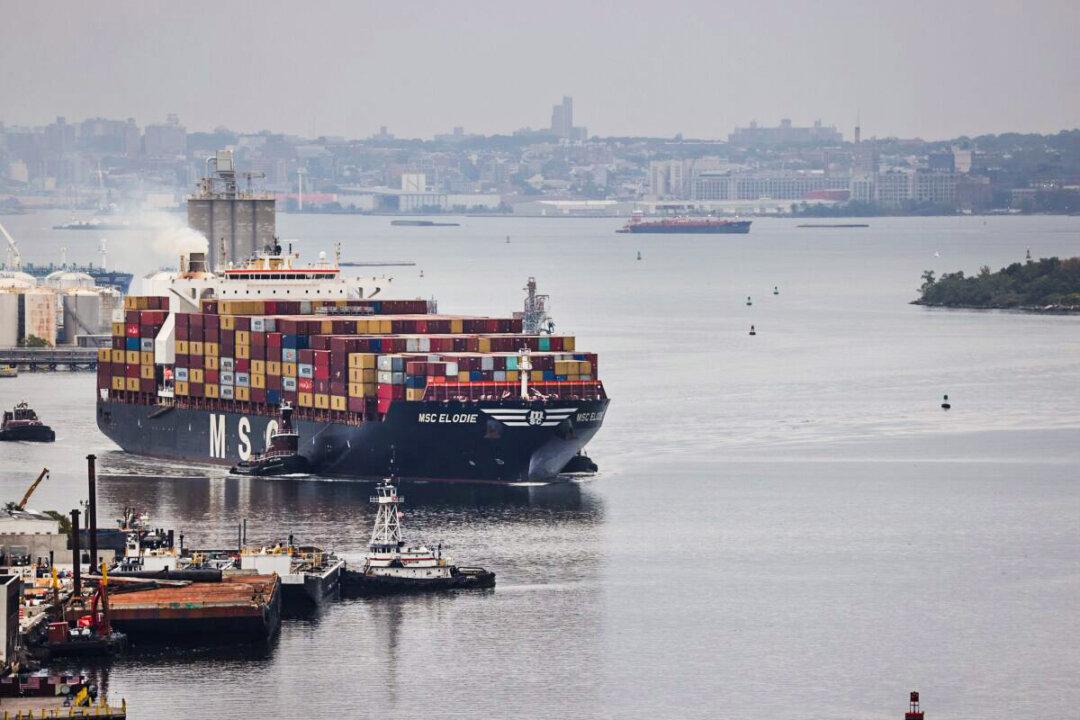Economists expect shipping problems at large ports in the United States as well as the subsequent shortage in goods and price increases to persist into the middle of 2022 amid the ongoing supply chain crisis.
Roughly 77 ships are currently waiting outside docks in the Ports of Los Angeles and Long Beach, California, carrying a staggering $24 billion worth of goods waiting to be offloaded, CNBC reported, citing economists at Goldman Sachs.




